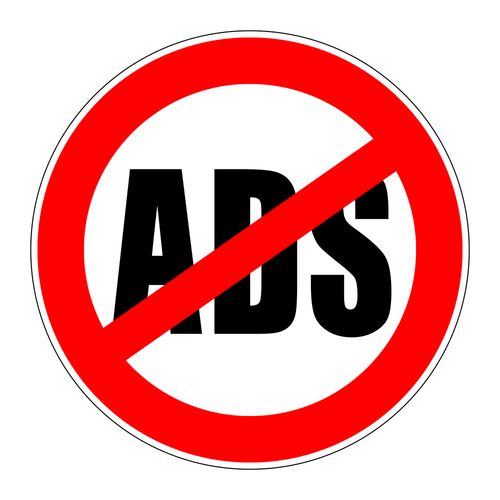If you have surfing any technology-related new media this week, you likely ran into the prolific debate related to Apple’s new “ad blocking” functionality in the latest version of their operating system.
The debate is simple. On one hand, for many, advertising has become a distracting, obnoxious limitation on fast and free Internet search and surfing. Advertising tracks you and your habits, violating your privacy. On the other hand, much of the Internet is freely available to you. Advertising pays for servers, infrastructure and content creators giving you access to a wealth information for the cost of a broadband connection.
Of course, this debate takes special significance related to students. Tech-savvy classrooms often utilize the wide open Internet to encourage students to explore the massive Internet treasure trove of information. However, advertising content is specifically aimed at kids, sometimes in very subtle ways.
Thus, many tech-savvy teachers utilize ad blocking software, plugins and apps to make their experience ad-free. I also know of districts that push out adblocking software or extensions on computers and Chromebooks, hoping to safe on bandwidth costs and expose students to a better Internet. (As an aside, the current Tech-Savvy Teacher pick on blocking platforms is the open source tool uBlock).
An often ignored part of this debate is the impact of blocking ads on those that collect the bounty from hosting ads: the Web 2.0 tools, blogs, news sites and other content creators that rely on that income to pay for their otherwise free service.
This is a complex debate, however, I found this week’s episode of Note to Self from WYNC particularly interesting and thought-provoking. Host Manoush Zomorodi speaks to a content creator on the necessity of advertising and herself discusses the impact of installing ad blocking software on her iPhone:
If this topic interests you as it relates to K-12 classrooms, I will be offering a session at this February’s NCCE conference in Seattle on thoughts related to data privacy and the Internet. Registration is now open! This is an important conversation that we must discuss openly!

